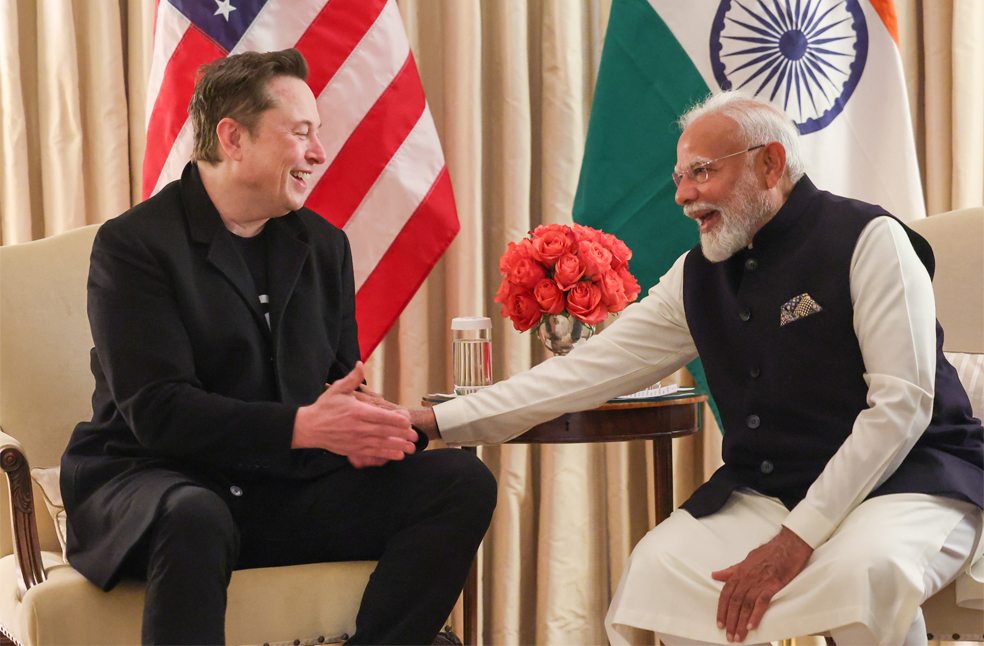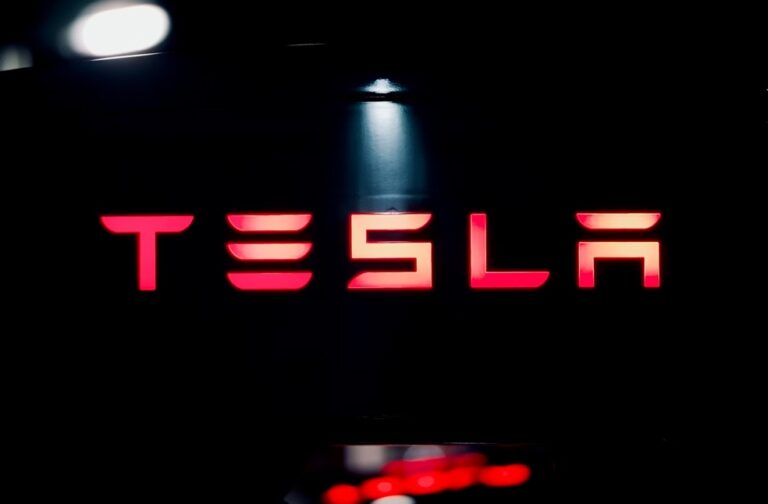New Delhi: Elon Musk’s Tesla has officially opted out of manufacturing electric vehicles (EVs) in India, according to Indian Minister for Heavy Industries, H.D. Kumaraswamy.
The confirmation came as the Indian government released detailed guidelines for a new EV manufacturing scheme aimed at attracting global investment.
Speaking at a press event, Kumaraswamy said that, “Mercedes-Benz, Skoda-Volkswagen, Hyundai, and Kia have shown interest [in manufacturing electric cars in India]. Tesla – we are not expecting from them.” The minister did confirm that Tesla plans to open two showrooms in India, establishing only a retail presence.
Ensuring a secure financial commitment and a transparent application process is at the core of our industrial growth roadmap. With clear guidelines and streamlined approvals, we are paving the way for a stronger, self-reliant India.
On track for Net Zero emissions by 2070, a… pic.twitter.com/4F8wQVurP7
— ಹೆಚ್.ಡಿ.ಕುಮಾರಸ್ವಾಮಿ | H.D.Kumaraswamy (@hd_kumaraswamy) June 3, 2025
Tesla’s absence in Stakeholder talks
This announcement marks the first public acknowledgment from the Indian government that Tesla is not joining the country’s $500 million EV incentive scheme, launched in March 2024. A senior government official told that while Tesla participated in the first round of stakeholder talks, it was absent from the second and third rounds of the consultation process.
Tesla has held on-and-off negotiations with India for several years. In 2022, talks collapsed after the Indian government insisted Tesla manufacture vehicles locally, while the carmaker preferred to begin with exports to test market demand. In 2023, Musk indicated that he was ‘trying to figure out the right timing’ to enter the Indian market.
Earlier this year, Musk met Prime Minister Narendra Modi in Washington DC, where they discussed collaboration in technology and innovation. Following that, India reduced import duties on EVs for global carmakers willing to invest $500 million and start local production within three years, aimed in part at attracting Tesla. However, despite these efforts, Tesla has decided against manufacturing in India.
Experts suggest that the Indian EV market may still be too underdeveloped for Tesla’s entry. EVs currently make up less than 3 percent of all passenger vehicle sales in India, and homegrown alternatives like Tata Motors offer electric vehicles at nearly half the price of Tesla’s base model.

Moreover, India’s limited EV charging infrastructure and challenging road conditions may also have influenced Tesla’s decision.
Meanwhile, Tata Motors dominates the Indian EV market with over 60 percent market share, followed by MG Motors, jointly owned by India’s JSW and a Chinese partner, at 22 percent. Globally, Tesla faces stiff competition from Chinese automakers like BYD.
Tesla’s retreat from Indian manufacturing also follows a politically charged period for the company. Sales dropped to their lowest in three years during Q1 2025, coinciding with public backlash over Musk’s close ties to the Trump administration. Last week, Musk stepped down from his government role.
India’s admission that Tesla is not coming marks a significant moment in its push to become a global EV hub, revealing both the country’s ambition and the challenges in attracting high-profile international players.



